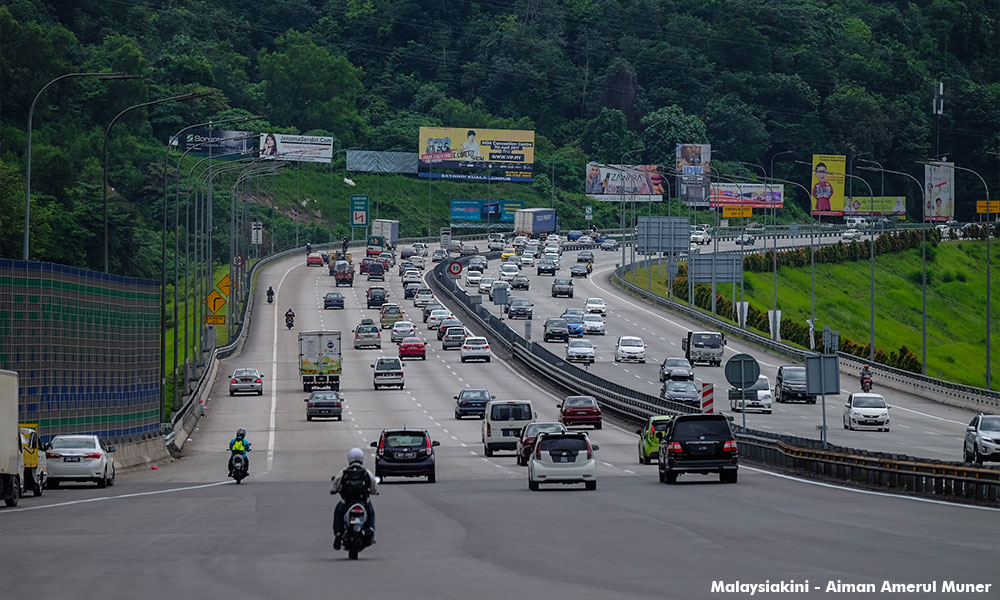COMMENT | At the moment, the transport and logistics situation in the country does not seem to favour future growth and development, let alone domestic investment.
Problems are aplenty: duplicated structures (for both ownership and management), conflicting governmental policies, losses suffered by government-owned businesses, unfair advantages posed by highways, policies that favour highways over rail, ultra-profit making, one-sided concessions and investments in the highway sector are all considered contributing factors.
Other issues as to why a radical change is badly needed include inherent poor management of transport organisations, high rate of road accidents, poor services at high costs, the lack of manpower training and development, especially for drivers, supervisors, and managers.
Although logistics has been one of the highest growth sectors in the last five or six years, government policies that regulate the sector have been conflicting at best, favouring highway concession holders rather than rail or integrated transport operators.
It is known that the highway sector is growing more rapidly than rail. As highway traffic continues to grow, it becomes heavily used, congested and unsafe for other road users.

Statistics in Malaysia have shown that some fatal road accidents on the highways involve heavy vehicles – the cargo of which should have been transported by rail. But there is no such policy at the moment.
A free-for-all market situation where highways dominate dictates the choice of the freight and logistics mode market. This is the first failure of the government.
The freight and logistics sector is a big and growing market. And yet, rail transport is not getting a fair share of the cargo volume and its growth. In fact, rail transport is dying despite the high-level investments put in by none other than the government of the day, in the form of double-tracking.
Why then were these massive investments made by the government, if not for the rail network to move more cargoes (and people)? This is certainly another failure on the part of the transport policy planners in Malaysia.
The increase in rail capacity, if in the hands of the right rail operator, would result in very effective services and produce an efficient operation for the market to further tap into.
In terms of efficient logistic services, road transportation could be designed to support the rail network and provide first and last mile connectivity in order to provide efficient door-to-door services. But this concept is not employed here, although it is very common in other developed countries...

